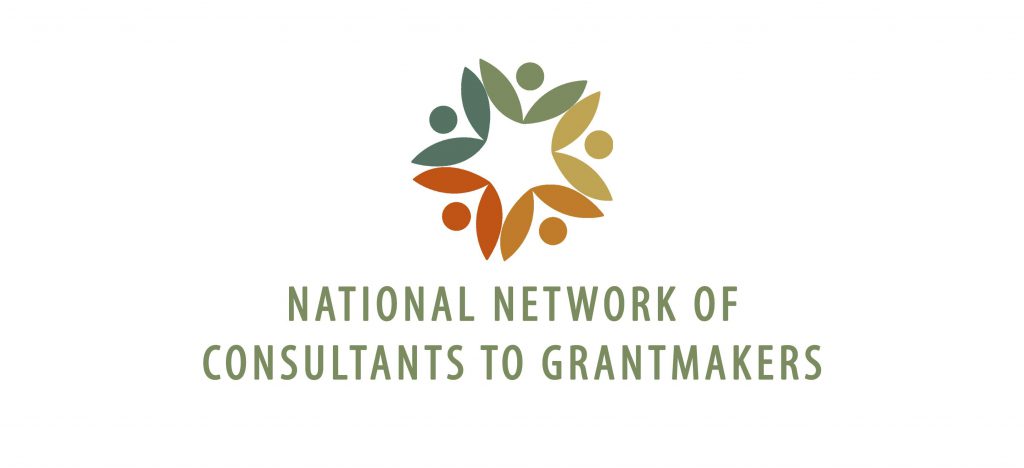 September 12, 2019 – Jennifer is a well-respected consultant to the nonprofit and philanthropy sectors, as well as a full time disability activist. She co-founded RespectAbility, a nonprofit which fights stigmas and advances opportunities for people with disabilities. She has worked with a wide variety of organizations in the philanthropic field, including major international foundations, multiple synagogues, community foundations, and other large funders on disability inclusion. She recently released a study about the exclusion of people with disabilities within the nonprofit and philanthropic sectors, proving that there is enormous potential for improvement. While there is some cost to inclusion due to modifications that need to be made, it is less expensive and much easier than most people expect. A focus on inclusion brings new energy, innovation, and participation to an organization.
September 12, 2019 – Jennifer is a well-respected consultant to the nonprofit and philanthropy sectors, as well as a full time disability activist. She co-founded RespectAbility, a nonprofit which fights stigmas and advances opportunities for people with disabilities. She has worked with a wide variety of organizations in the philanthropic field, including major international foundations, multiple synagogues, community foundations, and other large funders on disability inclusion. She recently released a study about the exclusion of people with disabilities within the nonprofit and philanthropic sectors, proving that there is enormous potential for improvement. While there is some cost to inclusion due to modifications that need to be made, it is less expensive and much easier than most people expect. A focus on inclusion brings new energy, innovation, and participation to an organization.
Personal experience and frustration compelled Jennifer Laszlo Mizrahi to become a full-time disability activist, blending that role with her work as a well- respected consultant to the nonprofit and
philanthropic sectors. A core part of that work is helping foundations assess their inclusion status and learn how to change their processes holistically, building their capacity to become more inclusive.
Her journey began nearly twenty years ago, when Mizrahi and her husband started their own donor-advised fund. “As parents, we discovered that even groups we funded were not welcoming, respectful, or even open to our beloved child with disabilities,” she recalls. “Doors were slammed in our faces.”
If Mizrahi, as a person of privilege, could not get people to treat her child as an equal human being, she wondered what was happening to children of color, immigrants, or other less privileged people with disabilities. How did people in single-parent households, or with little formal education, find the resources that they and their children need to succeed?
That experience led her to co-found RespectAbility, which fights stigmas and advances opportunities for people with disabilities. The nonprofit offers free tools and trainings to organizations and individuals who want to learn about disability inclusion.
Mizrahi is well-known for her consulting work on disability inclusion with a wide variety of organizations in the philanthropic field, including major international foundations, multiple synagogues, community foundations, and other large funders. She is a frequent speaker about best practices in disability inclusion and is completing a study of nearly 1,000 people from the philanthropic and nonprofit sectors, assessing their disability inclusion status and work.
As a specific example of RespectAbility’s work, Mizrahi describes guiding a Jewish federation to use disability inclusion to recruit hundreds of volunteers and expand their fundraising and impact.
The federation originally had been funding a large number of nonprofits that provided services in which people with disabilities could not participate. Today – due to intentionality, goodwill, and hard work to embrace disability inclusion – children with a wide variety of disabilities can go to Jewish religious schools and camps. Adults with disabilities can fully participate in many synagogues, social action programs, good deeds days, and all other activities. This has dramatically expanded participation overall, since people with disabilities have loved ones who also want to go to events where everyone is welcome and included.
Now, the federation even employs a full-time professional to help every agency it funds be inclusive of people with disabilities. “It’s the gold standard,” Mizrahi says.
Mizrahi explains that although there is some cost to inclusion – because modifications and services must be put in place – the changes can result in a significant boost to fundraising. That’s partially because people of all abilities, and their families, are welcomed and respected.
It takes time to get people to realize that disability inclusion is much easier and less expensive than they expected, Mizrahi notes. Implicit bias can be a major roadblock in making this kind of transformation. Some people wrongly think that including people with disabilities will be a drag on an organization. In fact, they find that the focus brings new energy, innovation, and participation. This includes energy from people with invisible disabilities such as mental health or chronic pain, who are often marginalized but have a lot to contribute.
Mizrahi also has disabilities – ADHD and dyslexia – and while fully 1 in 5 people live with some form of disability, she cautions against expecting overnight change when doing diversity, equity, and inclusion work.
“DEI work is not like an on-off light switch,” she says. “It is more like a dimmer switch that you push up day after day and month after month.”

